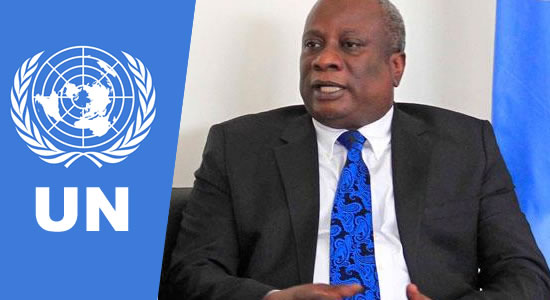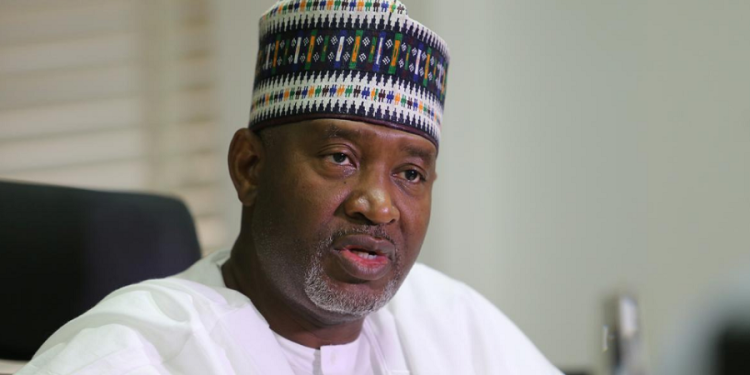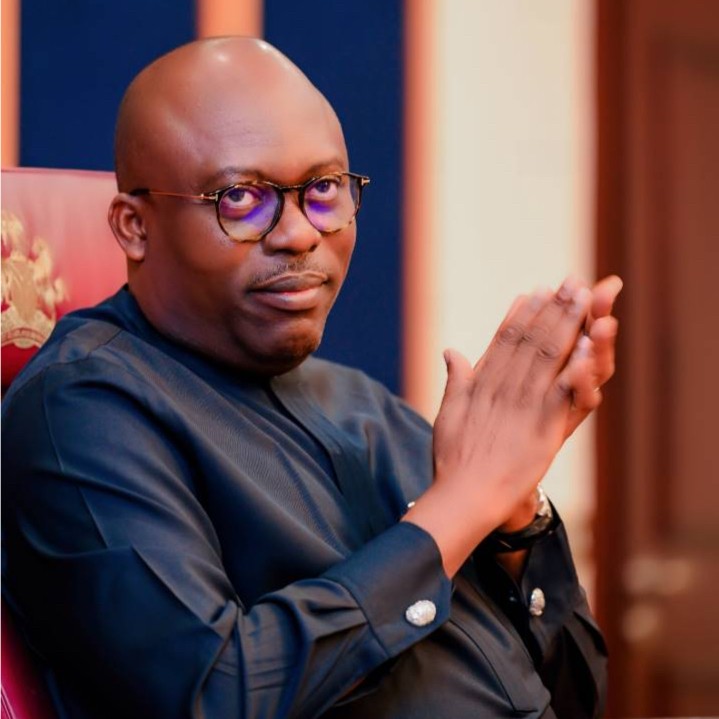The United Nations Resident Humanitarian Coordinator in Nigeria, Edward Kallon has said the country cannot guarantee technology-based education because over 65 per cent of the 74,280 public primary and junior secondary schools in Nigeria lack electricity. Basic education and electricity have been termed as critical development issues begging for urgent attention from government and all stakeholders.
He said this in Abuja at the 9th edition of the annual Wole Soyinka Centre Media Lecture series tagged: “Light up, Light in: Interrogating the Nexus between Electricity and Basic Education in Nigeria.” The seminar will be examining the nexus between electricity and basic education in Nigeria.
According to Kallon, energy crisis in Africa has, and will continue to be a tragedy to the continent of Africa. He said out of the 1.5 billion people who lack access to electricity globally, 57 per cent, amounting to 622.6 million are in Africa. He said; “But the facts have shown that students who have access to electricity have been confirmed to perform better because they have access to modern facilities.”
On his part, the Executive Secretary, Universal Basic Education Commission (UBEC), Dr. Hamid Bobboyi, described the forum as one of best platforms to discuss issues bordering the commission. He said some of the challenges regulatory agencies faced included lack of feedback and constructive criticism from the public.
Also speaking, former Minister of Education, Obiageli Ezekwesili, lamented what she termed the gross neglect of education sector, saying there is a correlation between poverty and public school system. She described the public school system without power supply as an intergenerational dynasty of poverty, saying there is a need to look at public expenditure.
In his remark, the Board Chairman of WSCIJ, Prof. Ropo Sekoni, said this year's lecture is driven by the new programme of the centre called Regulators Monitoring Programme (REMOP), which is implemented with support from MacArthur Foundation.
Speaking earlier, Coordinator of WSCIJ, Ms Motunrayo, said the REMOP is about enabling transparency, accountability and social justice.
In his remark, the Acting Chairman, Nigerian Electrical Regulatory Agency (NERC), Dr Anthony Akah, said the economic success of any nation depends on uninterrupted power supply.
Dr Akah, represented by the Deputy General Manager, Consumer Complain of NERC, Bar. Chijioke Obi, said the country is on the right course on the issue of power supply.



















